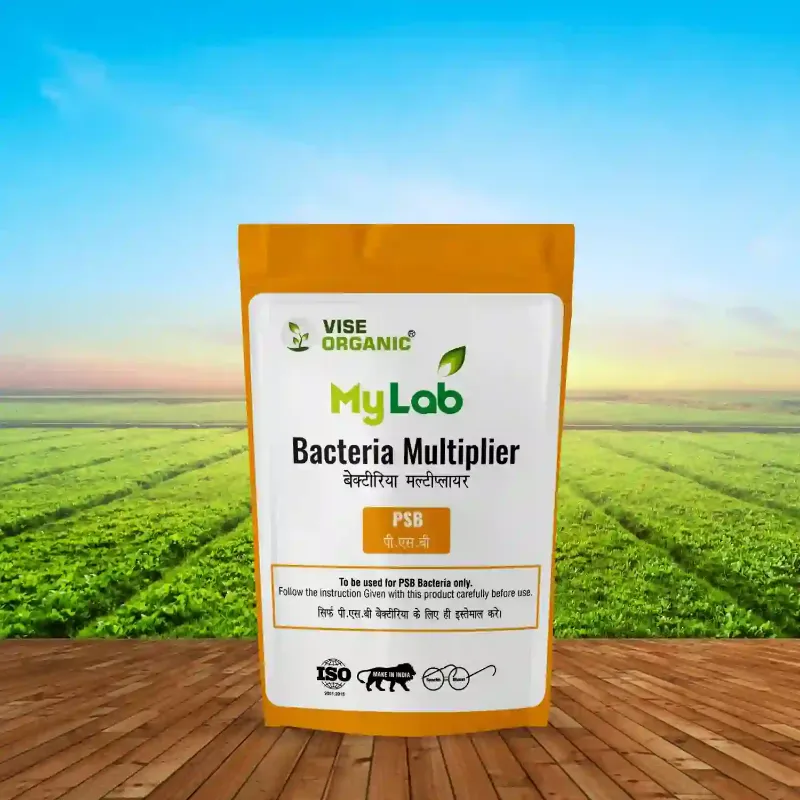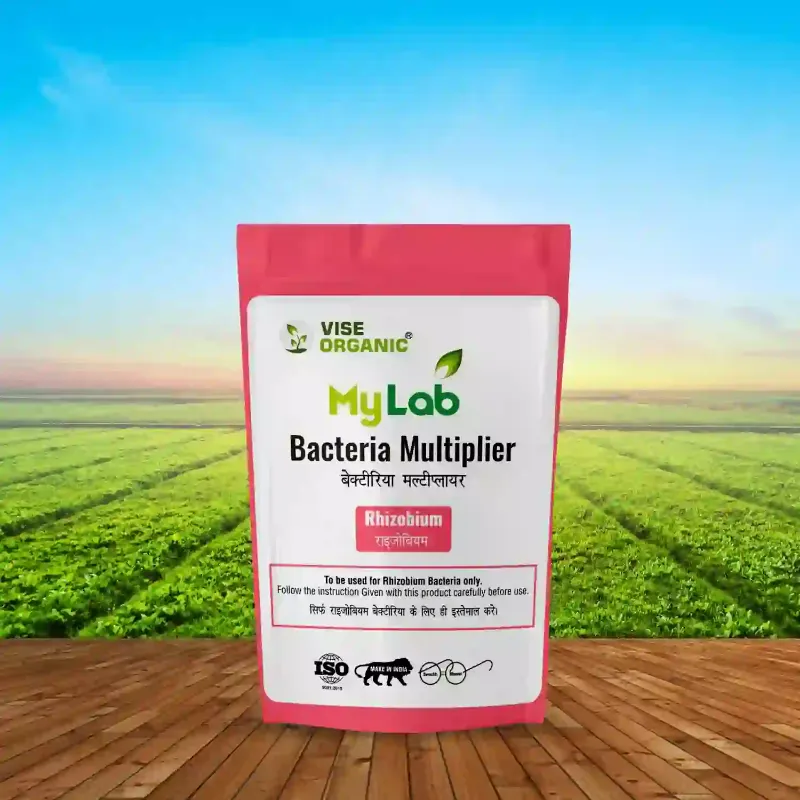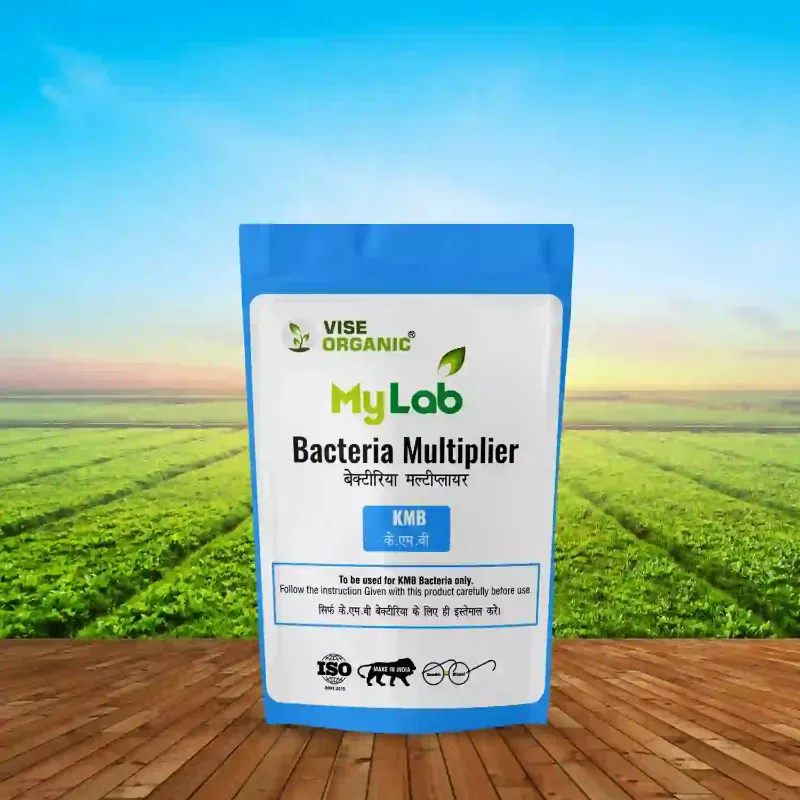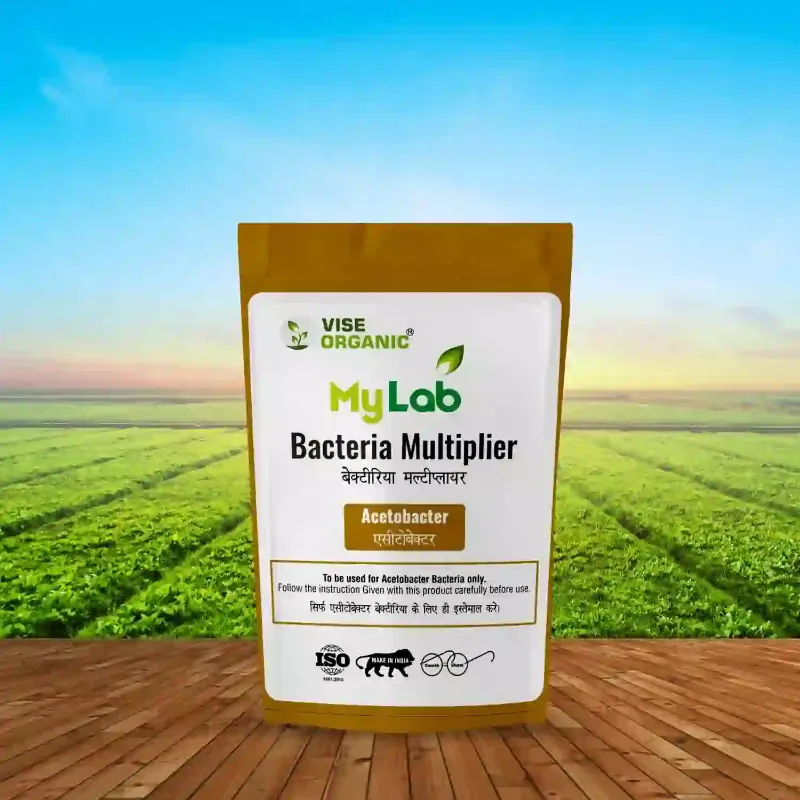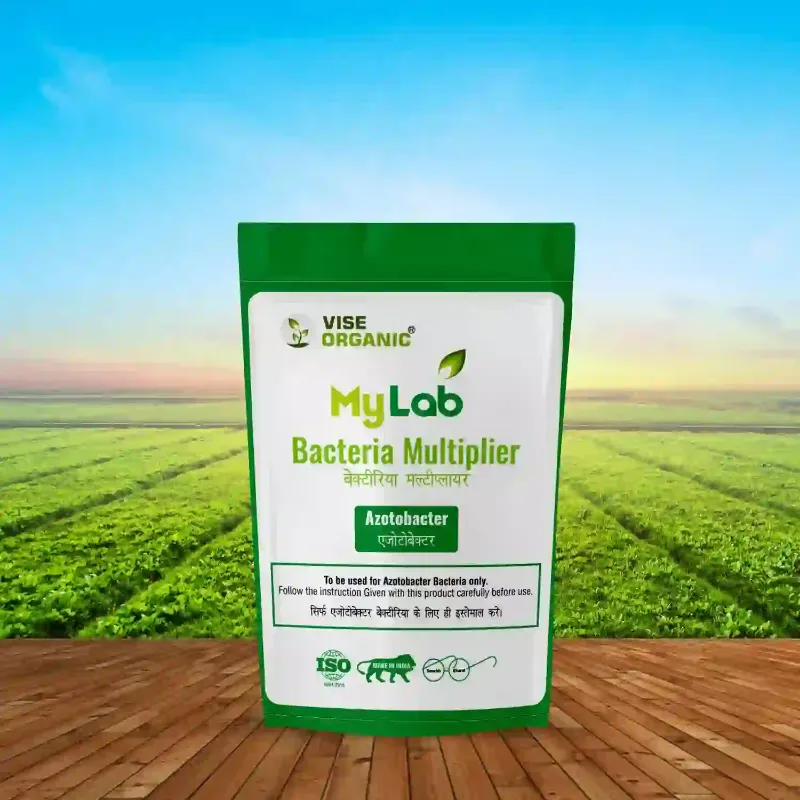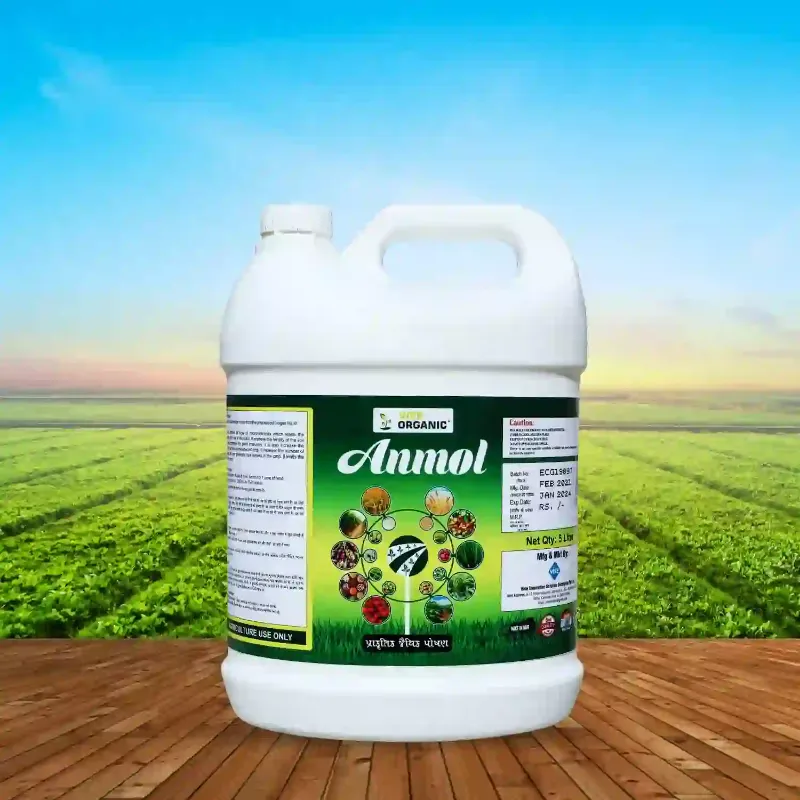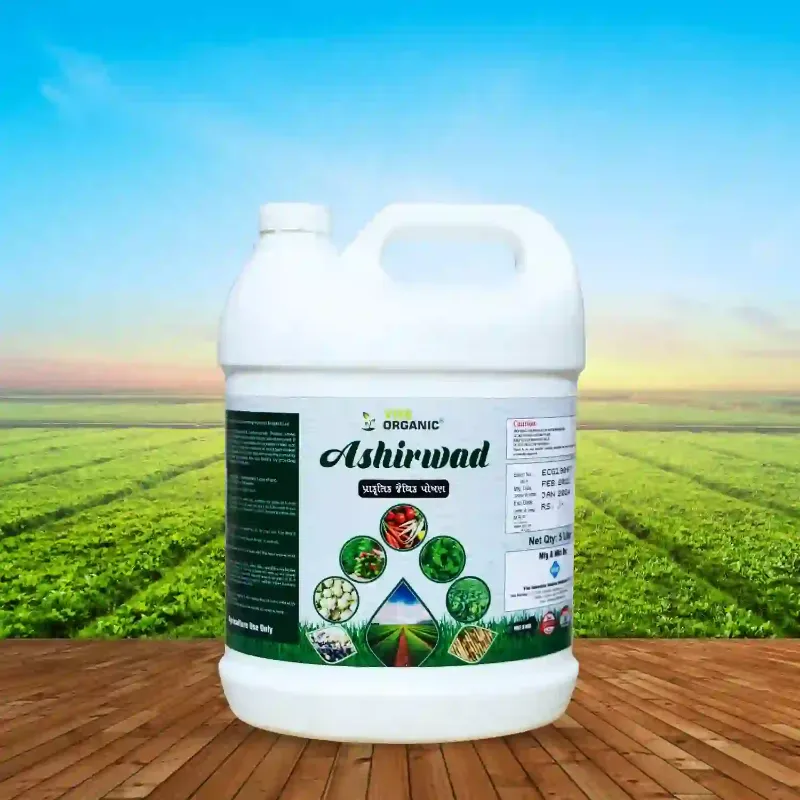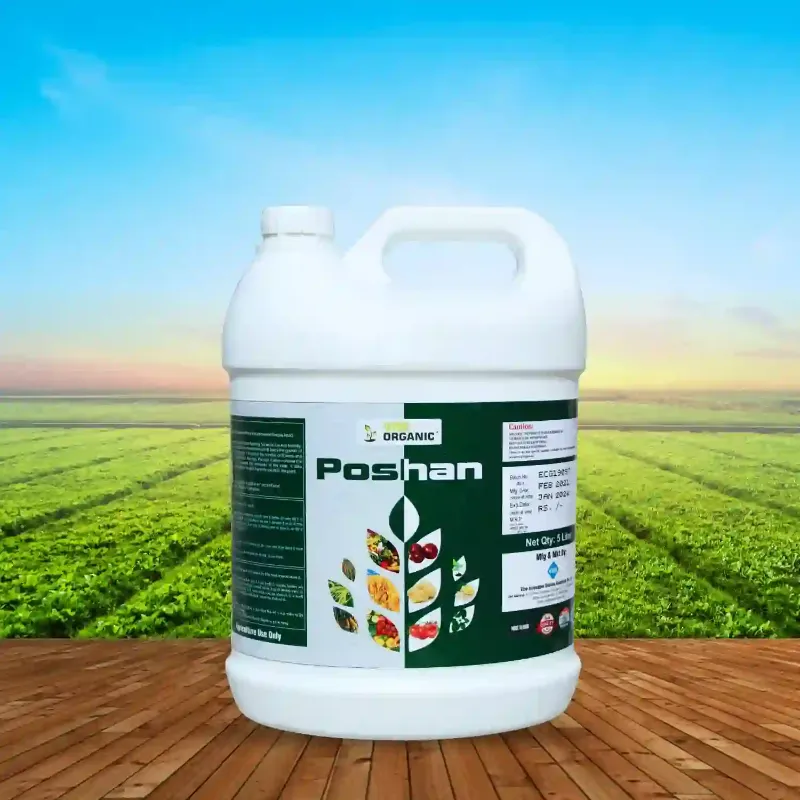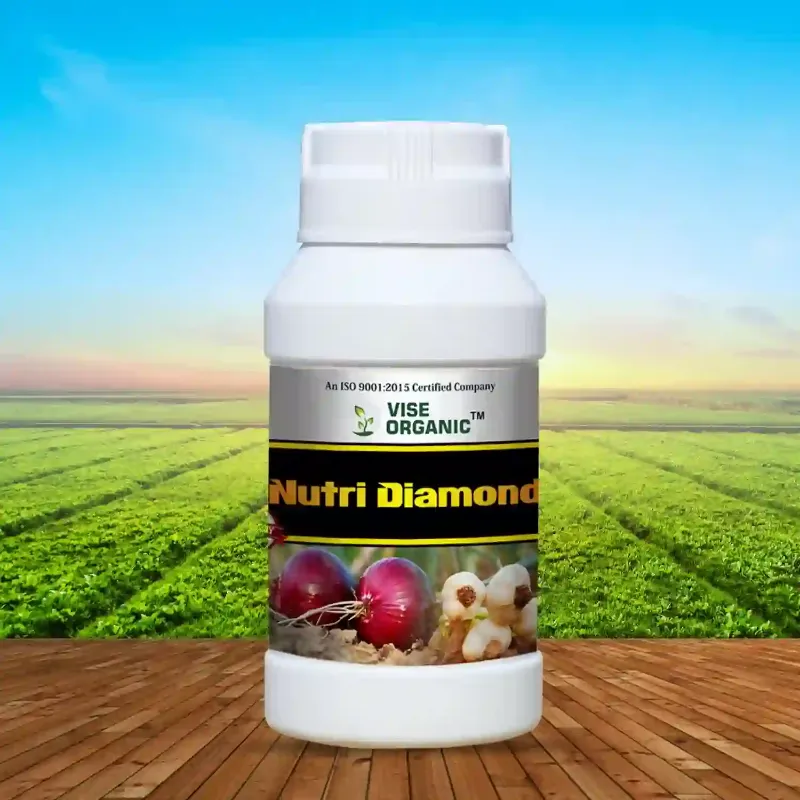Weeds are a common challenge for gardeners, competing with desirable plants for resources and detracting from the beauty of cultivated spaces. While chemical herbicides offer a quick solution, they come with environmental and health concerns. Organic weed control methods, on the other hand, provide effective and sustainable alternatives that work in harmony with nature. In this comprehensive guide, we’ll explore the best practices for organic weed control without relying on herbicides, empowering you to maintain a thriving garden while preserving the health of the ecosystem.
Cultivation and Hand Weeding
– Regular cultivation and hand weeding are fundamental practices for organic weed control. By loosening the soil and removing weeds manually, you disrupt their growth and prevent them from spreading.
– Use hand tools like hoes, trowels, or weeders to carefully remove weeds by the root, ensuring they don’t regrow.
Mulching
– Mulching is a highly effective organic weed control method that suppresses weed growth by blocking sunlight and preventing weed seeds from germinating.
– Apply a layer of organic mulch, such as wood chips, straw, or shredded leaves, around plants and in garden beds to smother weeds and retain soil moisture.
Cover Cropping
– Cover cropping involves planting fast-growing cover crops like clover or buckwheat to outcompete weeds for space, light, and nutrients.
– Cover crops also improve soil structure and fertility, making them an excellent addition to organic weed control practices.
Crop Rotation
– Rotating crops in your garden helps disrupt the life cycles of weeds and reduces their prevalence over time.
– Rotate crops with different nutrient needs and growth habits to prevent the buildup of weed populations.
Flame Weeding
– Flame weeding uses propane torches or flamers to quickly heat and kill weed seedlings without chemicals.
– This method is effective for larger garden areas or driveways but requires caution to avoid damaging desirable plants.
Vinegar-Based Herbicides
– Vinegar-based herbicides made from distilled white vinegar, salt, and dish soap can be effective for spot-treating weeds in non-planting areas.
– Use these homemade herbicides sparingly and with caution to avoid damaging desirable plants.
Boiling Water
– Pouring boiling water directly onto weeds growing in paved or non-planting areas effectively kills them without chemicals.
– This method is non-toxic and environmentally friendly but may require repeated applications for persistent weeds.
Mechanical Weed Control
– Mechanical weed control methods, such as weed trimmers or flame weeders, can be used to remove weeds from paths, driveways, or non-planting areas.
– Regular maintenance with these tools helps prevent weed growth and keeps outdoor spaces tidy.
Companion Planting
– Companion planting involves growing compatible plant species together in order to naturally deter weeds and enhance garden health.
– Pairing plants with strong scents or dense foliage can help repel pests and inhibit weed growth.
Preventive Measures
– Practice good garden hygiene by removing weeds before they set seed and spread. Dispose of weed seeds and plant debris properly to prevent reinfestation.
– Improve soil health through organic amendments, composting, and proper watering to promote strong, resilient plant growth that outcompetes weeds.
Conclusion
Organic weed control without herbicides is not only effective but also essential for maintaining a healthy and sustainable garden ecosystem. By embracing cultivation, mulching, cover cropping, and other organic weed control practices, you can effectively manage weeds while preserving the health of your garden and the environment. With a commitment to working in harmony with nature, you can cultivate a thriving garden that flourishes without the need for harmful chemicals.

